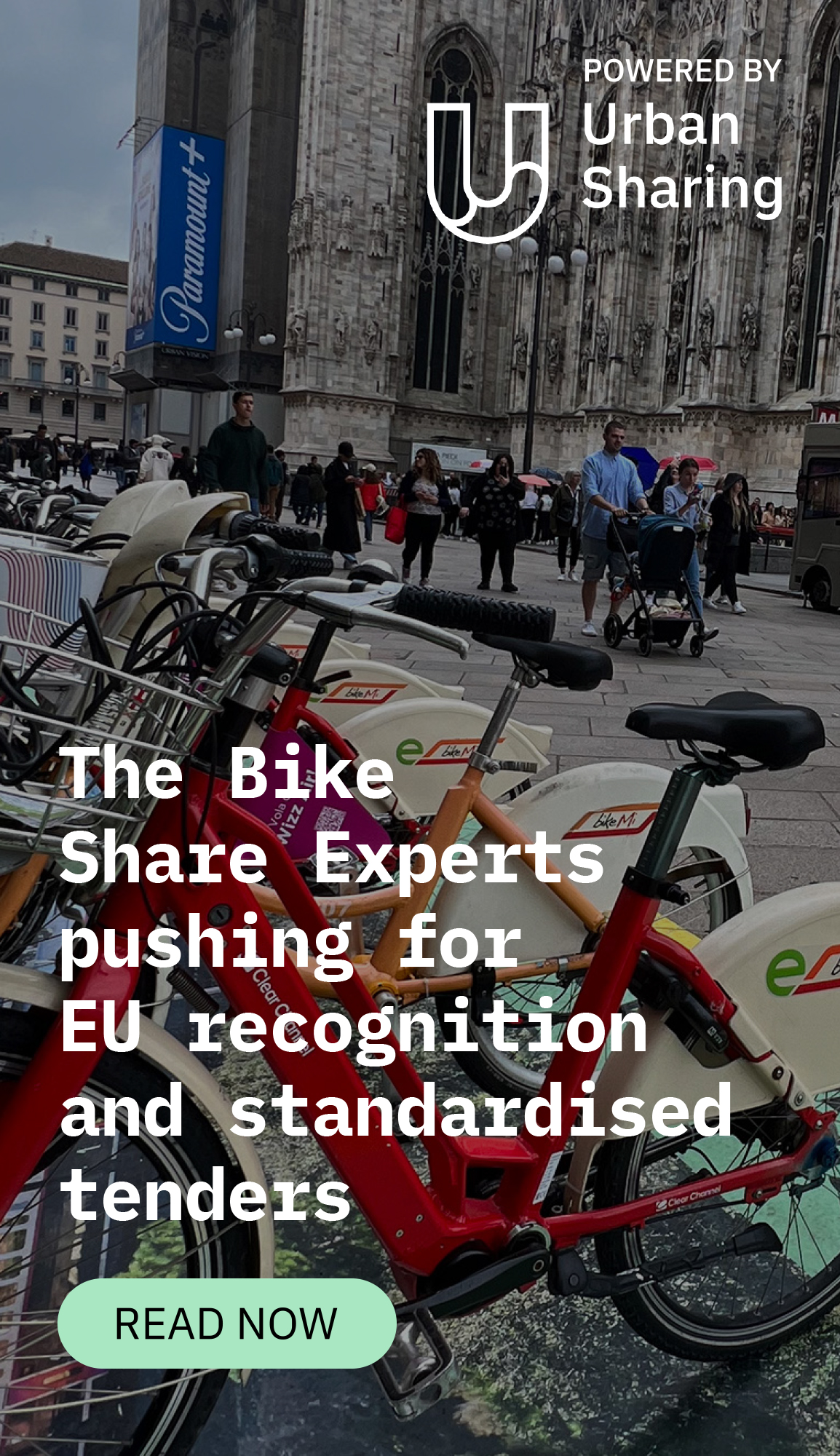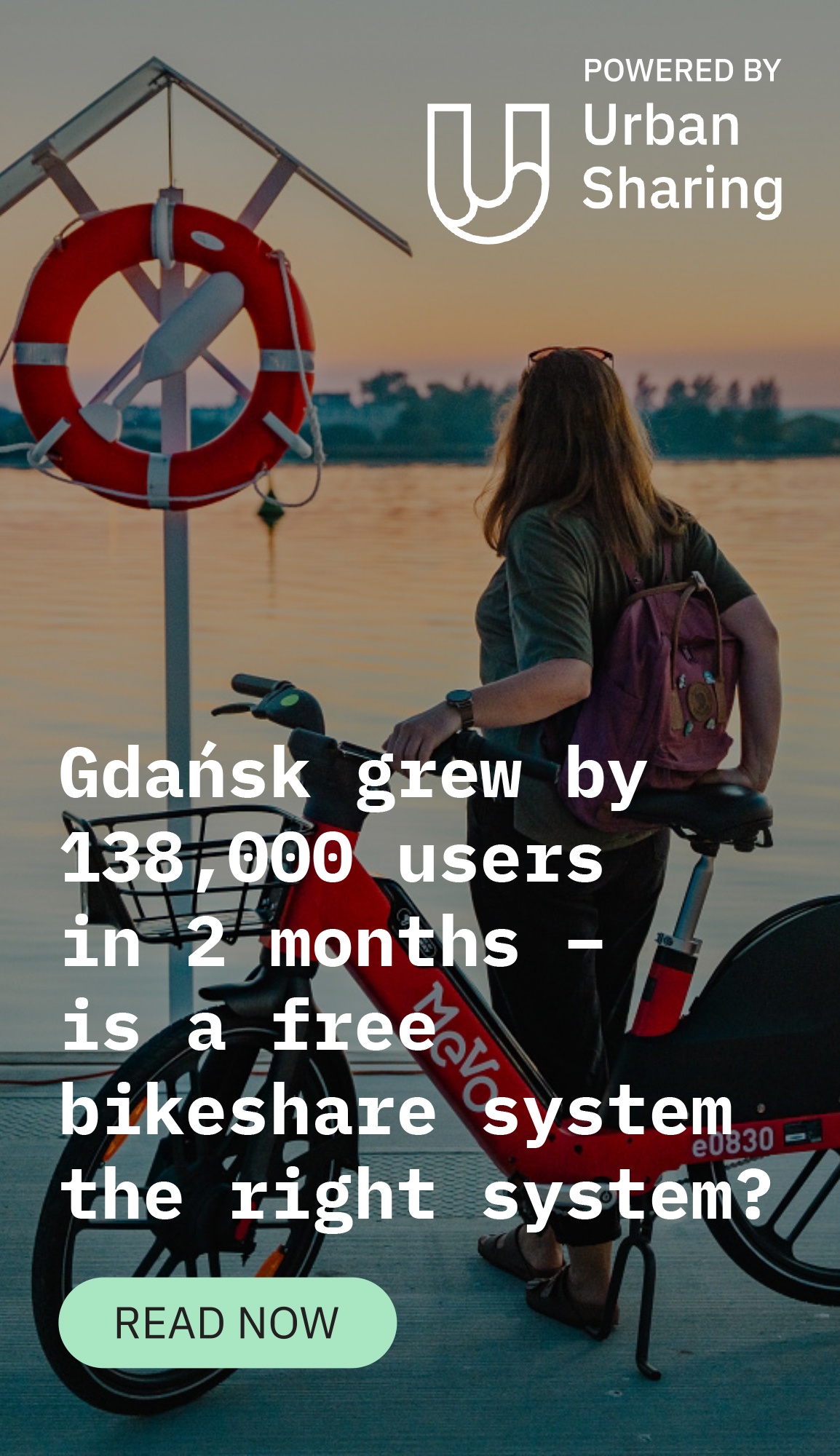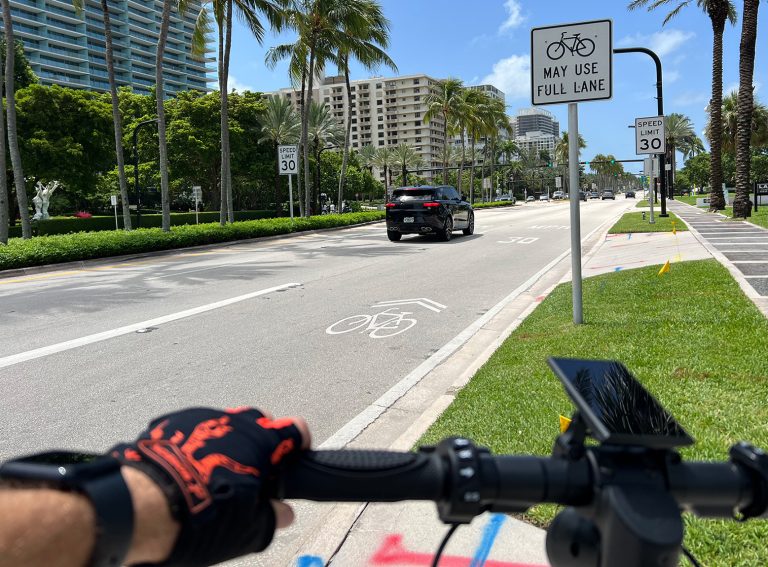Author: Caroline Seton, Co-Founder and Head of Growth & Strategy, HumanForest.
Shared e-bike services have been, and will continue to be, instrumental in facilitating a behavioural switch to cycling.
Given the significant growth in this sector, there’s now a greater pool of data and feedback available to analyse, allowing trends to be forecasted for the upcoming year.
Increasing adoption
Our industry has experienced year-on-year growth, which is unsurprising given how flexible, accessible and sustainable shared e-bikes are.
Ridership projections consider anticipated factors, such as seasonality of rides, fleet size, the number of app downloads, improvement in cycling infrastructure and London’s long-term sustainability targets, sharpening the focus on cleaner, greener travel as we become another year closer to the capital’s 2030 Net Zero goals.
However, in 2023 we have already witnessed a number of unforeseen events which have established a climate favourable to even greater e-bike adoption than was originally predicted. With a rise in public transport fares and industrial action disrupting daily travel, combined with increased funding for active travel, shared e-bike services are quickly becoming the preferred choice by more and more Londoners. The cost of living crisis is further encouraging this behavioural switch as shared e-bikes strike many as a more affordable transport option.
The impact of these kinds of events is notable considering that on recent tube and rail strike days, HumanForest has witnessed up to a 3 x increase in the number of rides being taken on our e-bikes.
Integration with public transport
Shared e-bikes provide a convenient and flexible option for people wanting to overcome the challenges of the first and last leg of a journey.
Back in 2021, 70% of people already combined their use of bike shares with other modes of transport. With more operators in London and an increase in the availability of shared e-bikes, this will only further normalise and facilitate multi-modal behaviour.
HumanForest has always been aware of the importance of ensuring enough bikes are stationed at public transport hotspots to meet the demand of these locations, especially during peak travel times. As such, we currently have approximately 90 Green Bays (our discounted parking areas) located near London’s tube stations. This is a number which will continue to rise as we expand our operational area in 2023, catering for the increased adoption of our service and growth in multi-modal journeys.
New rider profiles
Typically, shared e-bike services are used for commuting and leisure purposes, however, the potential to accommodate different professions has become increasingly apparent. In particular, serving the Q-commerce industry has proved an important sector to cater for. By diversifying services, operators are able to appeal to these different customer bases and further expand their reach.
We have seen an evolution as to how HumanForest encourages these different sectors to use our e-bikes. This began with minute bundles specifically for deliveroo riders, followed by launching our e-moped service exclusively for delivery riders, with our sights set on introducing our e-cargo service in the not-too-distant future.
Growth in dockless systems
Free-floating e-bikes offer journey flexibility, increased accessibility in areas where docked systems may not be practical, and they lower infrastructure costs – all of which ultimately contribute to a greater switch away from carbon-emitting modes of transport. With this in mind, councils have become more receptive to exploring and facilitating alternative travel solutions, which will prove a valuable catalyst in the transition towards dockless e-bikes and the areas they’re allowed to operate in.
2023 will be a pivotal year in dispelling the notion that dockless shared e-bikes ‘litter’ the streets of London. A combination of constructive conversations with boroughs, and companies refining their operational procedures to mitigate any problems that may infringe on people’s everyday lives, makes it reasonable to anticipate wider adoption of dockless systems, due to the advantages they offer.
Improved bike tracking and security
To parallel the anticipated growth in dockless systems, bike tracking and security will naturally be put into the spotlight and will need to evolve to ensure fleets are regulated properly.
While HumanForest already prides itself on promptly locating and retrieving bikes that have been identified as problematic, we will continue to appropriately prepare for the challenges that will emerge as our service grows in users, fleet size and area covered. An example of this is the new QR sticker located on the phone holder of all our e-bikes, allowing pedestrians to report badly parked vehicles directly to our support & community team in a matter of seconds.
Boost in subscription-based models
As HumanForest Co-Founder and Head of Marketing, Michael Stewart has already highlighted, subscription-based models have the ability to offer more benefits to regular users whilst increasing brand loyalty.
After the success of companies such as Buzzbike and Swapfiets, subscription models and the service they provide are increasingly on the public’s radar, making it a natural consideration for shared e-bike providers, especially when 15% of Swapfiets’ users opt for their e-bike option.
Each operator has a different approach towards subscription-based models, for example we have our commuter minute bundle of 300 minutes riding time, which is valid for 5 days. This encourages longer term, regular riding patterns in a similar way to subscription-based models, whilst allowing us to gauge whether there is a demand within our community for such a service.








